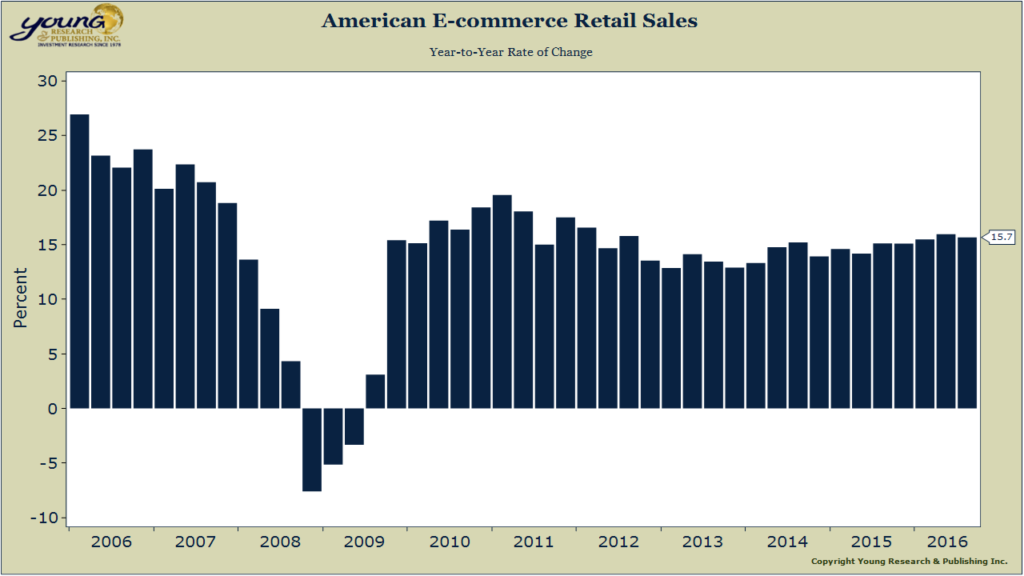Today is “Cyber Monday.” It’s the Internet’s response to Small Business Saturday, in which people are encouraged to shop online. Every year people are doing more of their shopping online, with an increase in online shopping in 2015 of 14.6%, online purchases made up over 10% of retail sales (excluding items like gasoline and automobiles).
America’s e-commerce surge is led, not surprisingly, by Amazon, which processed over $79 billion in online sales last year. Next come Wal-Mart, with $13 billion, and Apple with $12 billion. But is there trouble brewing in Amazon’s e-commerce operation?
Amazon has been infected with fake merchandise from unscrupulous counterfeiters. They create seemingly legitimate accounts in Amazon’s 3P (third party) sales area on the site, and proceed to hustle customers with counterfeit merchandise that looks like a real steal compared to the real thing. For a long time it seemed like Amazon was either unable, or unwilling to do anything about the fake merchandise on its virtual shelves.
But now Amazon has begun to fight back. Today Bloomberg reports that Amazon is creating registries to weed out fake sellers. This could be a response to the reluctance of major brands like Major League Baseball and the National Football League to sell their merchandise on Amazon for fear it will lead to more infringement. Bloomberg describes Amazon’s new strategy:
The new Amazon teams will encourage brands — even those that don’t sell on Amazon — to register with the online store, the person said. Once registered, Amazon requires any marketplace merchants listing those products to prove that they have the brand’s permission to sell them online. Amazon began experimenting with the registry earlier this year with Nike and other companies. The bigger push in 2017 will target thousands of large companies, including those that have been reluctant to sell on Amazon because of knock-offs.
After a brief decline during the financial crisis, growth in e-commerce sales shot right back to double digits. If shoppers are going to rely on the products they’re purchasing, Amazon will need to clamp down on fakes or risk seeing that sales growth slow.




